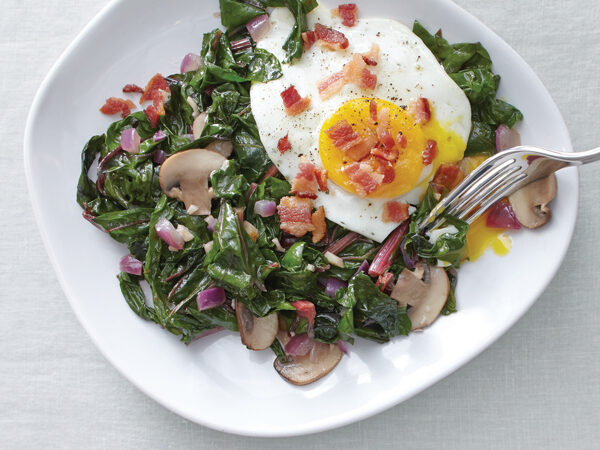
By: April Graff, MS, RD, LD. Hy-Vee Dietitian
Muscle soreness is a common issue for athletes and fitness enthusiasts, often resulting from intense workouts or unfamiliar physical activities. While rest and proper recovery techniques are essential, incorporating anti-inflammatory foods into your diet can significantly reduce muscle soreness and promote faster recovery. This article explores various anti-inflammatory foods that can help alleviate muscle soreness, allowing you to maintain peak performance and enjoy your fitness journey.
- Tart Cherry Juice
Tart cherry juice is renowned for its powerful anti-inflammatory and antioxidant properties. Rich in anthocyanins, tart cherry juice can help reduce muscle soreness and exercise-induced muscle damage (EIMD). Studies have shown that consuming tart cherry juice or supplements several days before and after exercise can accelerate muscle recovery and lower markers of inflammation. This makes tart cherry juice an excellent addition to your post-workout routine. Try this Calming Tart Cherry Mocktail | Hy-Vee.
- Fatty Fish
Fatty fish, such as salmon, mackerel, and sardines, are high in omega-3 fatty acids, which have potent anti-inflammatory effects. Omega-3s help reduce inflammation and muscle soreness by decreasing the production of inflammatory cytokines. Regular consumption of fatty fish can improve muscle recovery and overall health. Aim to include fatty fish in your diet at least twice a week for optimal benefits. Try these Smoky Maple Salmon Seafood Packets | Hy-Vee.
- Watermelon
Watermelon is not only a refreshing and hydrating fruit but also a great source of the amino acid L-citrulline. L-citrulline has antioxidant effects and enhances blood circulation to muscles, improving cellular energy and reducing muscle soreness. Drinking watermelon juice or eating watermelon after a workout can help alleviate muscle pain and promote recovery. Try Grilled Citrus Watermelon | Hy-Vee.
- Turmeric
Turmeric contains curcumin, a compound with strong anti-inflammatory and antioxidant properties. Curcumin can help reduce muscle soreness and inflammation by inhibiting the activity of inflammatory enzymes and cytokines. Adding turmeric to your meals or taking curcumin supplements can support muscle recovery and overall health. Consider incorporating turmeric into your diet through curries, smoothies, or teas. Enjoy a cup of Anti-Inflammatory Turmeric Tea | Hy-Vee.
- Ginger
Ginger is another powerful anti-inflammatory food that can help reduce muscle soreness. It contains gingerol, a compound that has been shown to decrease inflammation and pain. Consuming ginger regularly can help alleviate muscle soreness and improve recovery. You can add ginger to your diet by using it in cooking, making ginger tea, or taking ginger supplements. Enjoy Turmeric Ginger Chicken Zoodle Soup | Hy-Vee.
- Leafy Greens
Leafy greens, such as spinach, kale, and Swiss chard, are rich in antioxidants and anti-inflammatory compounds. These vegetables can help reduce muscle soreness and inflammation by neutralizing free radicals and supporting overall health. Incorporate leafy greens into your diet through salads, smoothies, or side dishes to enhance muscle recovery. Start your day out right with Sauteed Chard and Eggs | Hy-Vee.
Incorporating anti-inflammatory foods into your diet is a natural and effective way to reduce muscle soreness and promote faster recovery. Tart cherry juice, fatty fish, watermelon, turmeric, ginger, and leafy greens are all excellent choices to support your fitness goals. By making these foods a regular part of your diet, you can enjoy reduced muscle pain, improved recovery, and enhanced overall health. Stay proactive in your nutrition, and you’ll be well-equipped to tackle your workouts with vigor and resilience.
Scan this QR code to find your Hy-Vee dietitian





